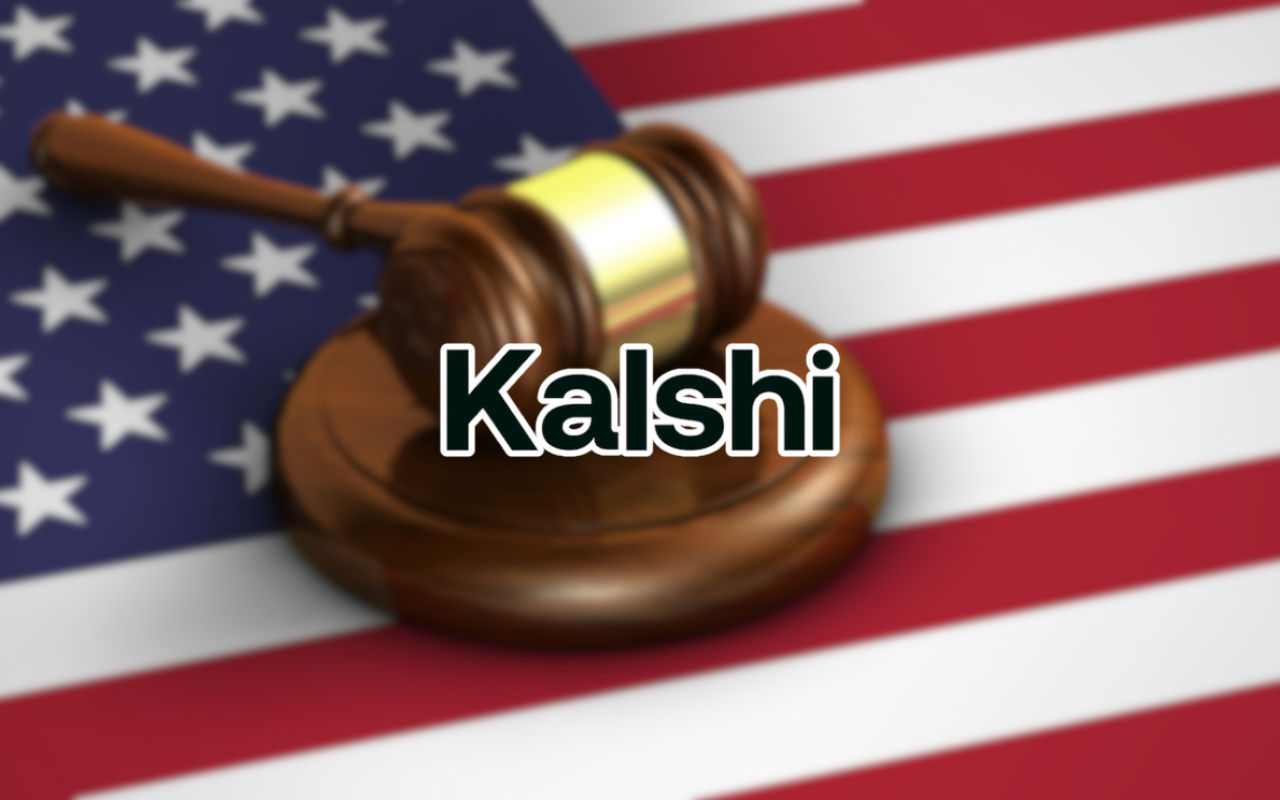Kalshi Faces Legal Challenges from Ohio Gambling Authority

Ohio Challenges Kalshi’s Operations
- Ohio is the newest state to challenge Kalshi.
- Kalshi typically challenges gambling regulators’ authority to interfere with its operations.
- Ohio and Kalshi are likely to engage in a legal battle in court.
The gambling authority in Ohio, the Ohio Casino Control Commission (OCCC), has recently issued a cease-and-desist order to Kalshi, a prediction marketplace.
Kalshi Faces New Challenges in Ohio
This recent action by Ohio adds to the ongoing scrutiny from the Nevada Gaming Control Board and the New Jersey Division of Gaming Enforcement in recent weeks. These actions have led Kalshi to counter with legal actions against these regulatory bodies.
According to a statement from the OCCC, the regulator contends that Kalshi has exceeded its legal boundaries by offering prediction markets on March Madness outcomes.
‘Purchasing a contract based on a prediction of which team will win a sporting event is essentially akin to placing a bet through a traditional sportsbook,’ remarked OCCC Executive Director Matthew Schuler, who signed the statement. He further explained:
‘The primary difference is that these event contracts lack the consumer protections mandated by Ohio law and are accessible to individuals in Ohio under the age of 21. The Commission is compelled to act to meet its statutory obligations and to protect the integrity of sports gaming in Ohio.’
The commission has framed its stance using language and arguments similar to those employed by the NGCB and the DGE, heightening the stakes for Kalshi and potentially influencing the future regulatory authority over prediction platforms.
Ohio’s actions extend beyond Kalshi, targeting other entities, including Robinhood and Crypto. The state is demanding a written confirmation from each company, assuring that they have ceased operations within Ohio.
Kalshi Asserts Regulatory Overreach
Kalshi has consistently defended itself, asserting that gambling regulators lack jurisdiction in these matters, arguing instead that they fall under the purview of the Commodity Futures Trading Commission (CFTC).
Kalshi and the CFTC have been engaged in a prolonged dialogue to resolve the issue, and the matter remains unresolved. However, Kalshi continues to operate its prediction markets, leaving local gambling regulators to assume the role of gatekeepers.
Can state authorities succeed where federal oversight has largely deferred to Kalshi? Despite facing opposition from tribal operators, sportsbooks, lawmakers, and regulators, Kalshi has maintained robust operational momentum.
Currently, Kalshi reports a trading volume of $320 million on March Madness future contracts, which it insists do not equate to gambling. While Kalshi has yet to announce legal action against the OCCC, a response is anticipated.









